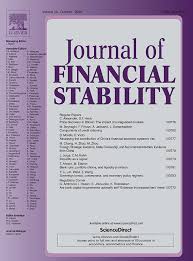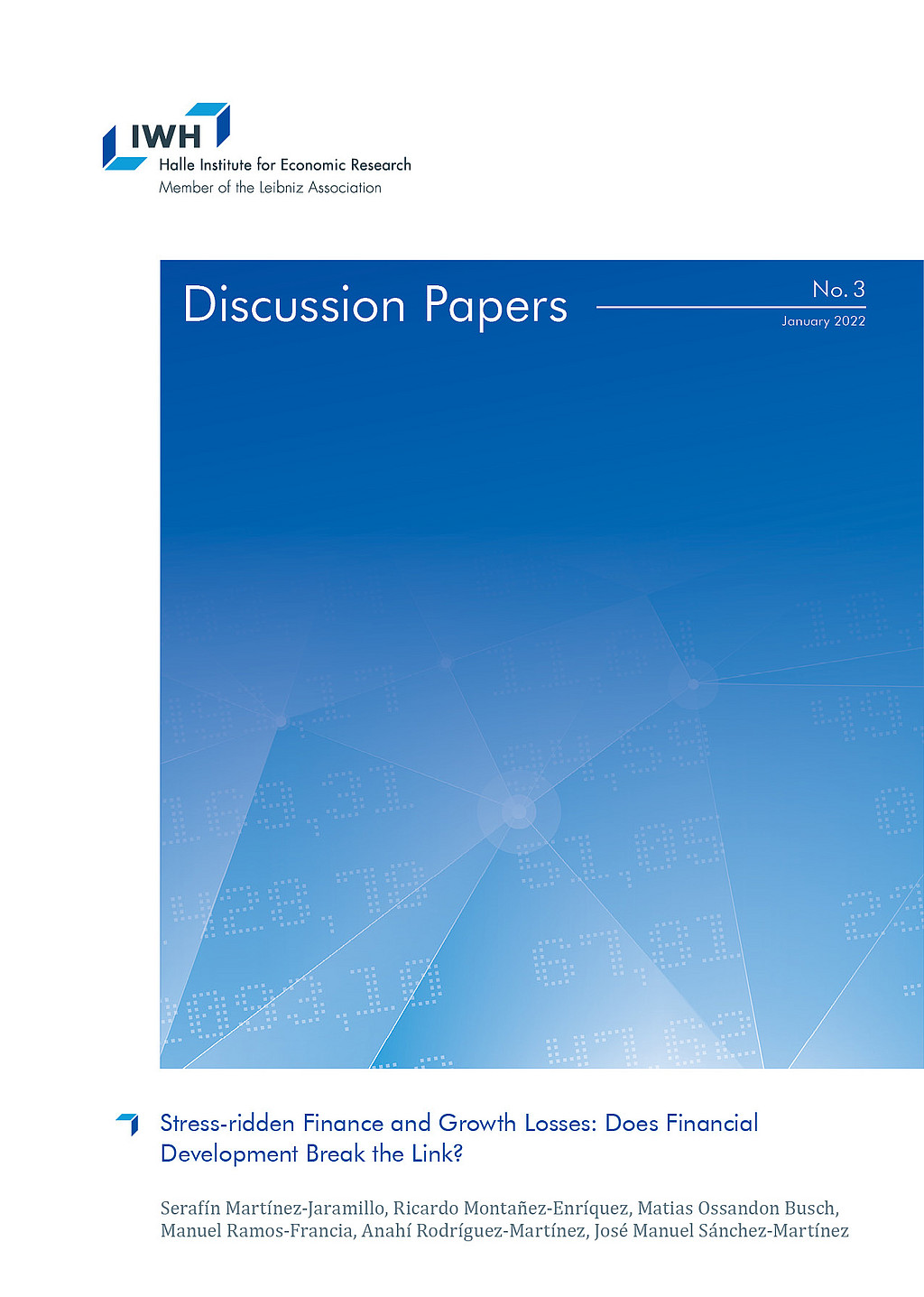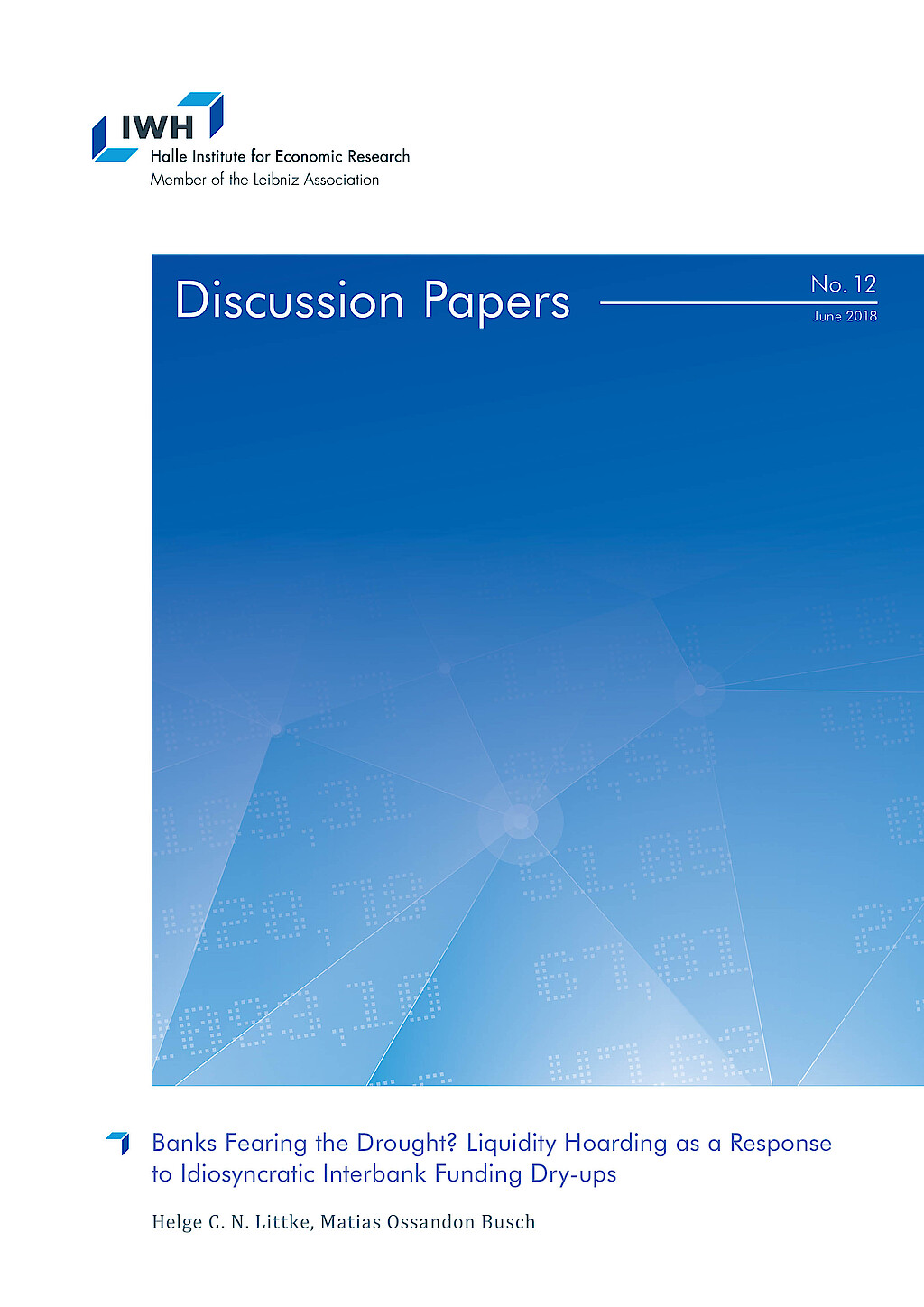Dr. Matias Ossandon Busch

Aktuelle Position
seit 10/20
Research Affiliate
Leibniz-Institut für Wirtschaftsforschung Halle (IWH)
seit 9/20
Senior Economist
CEMLA
Forschungsschwerpunkte
- empirische Bankenforschung
- Zusammenspiel von Finanz- und Realwirtschaft
- internationale Tätigkeiten von Banken in Entwicklungsländern
- International Banking Library
Matias Ossandon Busch ist seit Oktober 2020 Research Affiliate am IWH. Er forscht zu Fragen der empirischen Bankenforschung und des Zusammenspiels von Finanz- und Realwirtschaft mit einem besonderen Fokus auf Entwicklungsländer.
Matias Ossandon Busch forscht seit September 2020 am Center for Latin American Monetary Studies (CEMLA). Zuvor war er am IWH tätig.









